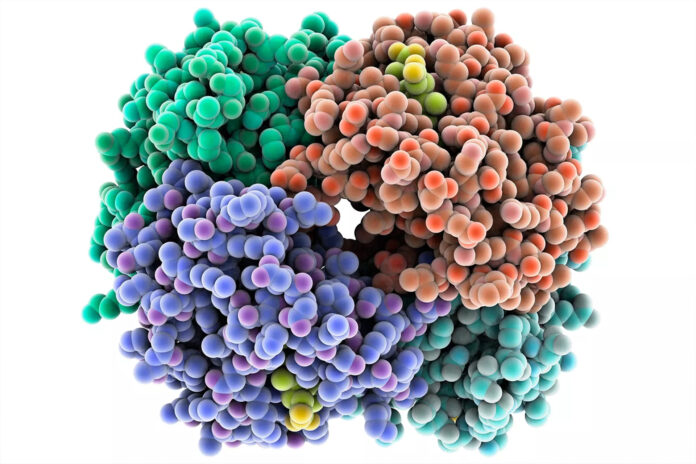Protein, often hailed as the building block of life, plays a crucial role in maintaining our health and well-being. In this article, we’ll explore the fundamental facts about protein, shedding light on its importance, sources, and the impact it has on our bodies.
The Basics of Protein
Protein is one of the three macronutrients, alongside carbohydrates and fats, essential for the body’s proper functioning. Composed of amino acids, proteins are the building blocks that contribute to the structure and repair of tissues, enzymes, hormones, and immune cells.
Complete vs. Incomplete Proteins
Proteins are classified as either complete or incomplete based on their amino acid profile. Complete proteins, found in animal sources like meat, fish, and dairy, contain all essential amino acids. Incomplete proteins, often found in plant-based sources like beans, grains, and vegetables, may lack certain amino acids.
Protein-Rich Foods
A diverse range of foods can serve as excellent sources of protein. Animal-based options include lean meats, poultry, fish, eggs, and dairy products. For those following a plant-based or vegetarian diet, legumes, tofu, tempeh, quinoa, and nuts are rich sources of protein.
Protein for Muscle Building and Repair
Athletes and fitness enthusiasts recognize the role of protein in muscle development and recovery. Consuming an adequate amount of protein helps repair and rebuild muscle tissues after exercise, making it an essential component of post-workout nutrition.
Protein and Weight Management
Protein is known to promote a feeling of fullness, reducing overall calorie intake. Including protein-rich foods in your diet can support weight management efforts by curbing hunger and preventing overeating.
Daily Protein Requirements
The recommended daily protein intake varies based on factors such as age, sex, activity level, and overall health. As a general guideline, adults are advised to consume 0.8 grams of protein per kilogram of body weight. However, athletes and those engaged in intense physical activity may require higher protein intake.
Protein Quality Matters
The quality of protein is determined by its amino acid composition and digestibility. High-quality proteins provide all essential amino acids in optimal proportions. Animal-based proteins are often considered high-quality, but combining various plant-based sources can also achieve a similar effect.
Conclusion
Protein is undeniably a nutritional powerhouse, playing a pivotal role in various bodily functions. Whether you’re an athlete looking to enhance muscle development or simply seeking a well-balanced diet for overall health, understanding the essential facts about protein empowers you to make informed choices that support your well-being. Incorporating a variety of protein sources into your diet ensures that you harness the full potential of this vital nutrient, paving the way for a healthier and more energetic lifestyle.

